Opinion: Beyond ‘Leave No Trace’, mountaineers should help fight against the larger threats to our mountains
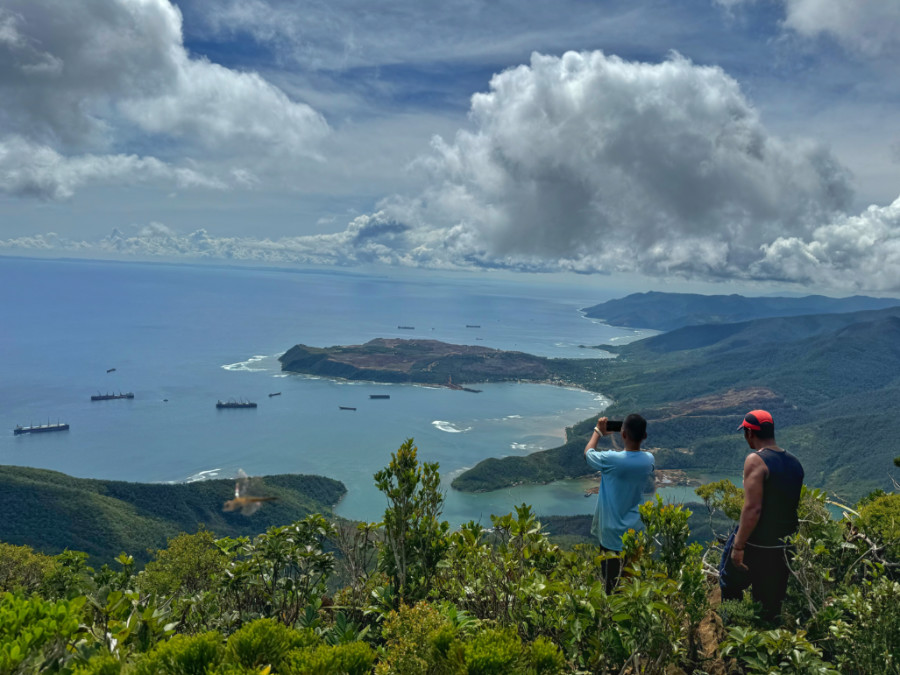
SAN JOSE, DINAGAT ISLANDS – For decades, the Leave No Trace (LNT) principles have served as guiding tenets for mountaineers. These seven principles, namely (1) Plan ahead and prepare; (2) Travel and camp on durable surfaces; (3) Dispose waste properly; (4) Leave what you will find; (5) Minimize use and impact of fire; (6) Respect wildlife; (7) Be considerate of other visitors, are required reading and memorization – as part of Basic Mountaineering Courses (BMCs), as well as the application process for hiking clubs.
Even those who are not well-versed in the actual LNT principles may be familiar with its central ethos of leaving the mountain as undisturbed as possible, as the famous expression puts it: “Don’t change the mountain, let the mountain change you.” Or, in the language of what has become the LNT mantra:
Take nothing but pictures
Leave nothing but footprints
Kill nothing but time
These principles has undoubtedly been beneficial in keeping many of our trails and campsites free from littering. Moreover, the LNT principles have served as an ethical vocabulary with which to hold visitors accountable for littering on the trails or vandalizing rock formations.
LNT, however, is limited in scope; it says nothing about the larger, and far more significant threats affecting our mountains today. Even if every single hiker were to adhere to LNT, it won’t save the mountains from destruction.
I was reminded of this on a recent hike, when I commented on the pristine state of the trails and the guide said that it’s because they had just undergone a ‘BMC’ and they were called upon to enforce LNT principles. “But actually,” he told me, “The mountain will be destroyed anyway because of the mining operations.” Indeed, as we were having that conversation, we were in full view of mining operations all over, carving the mountains slowly but surely; we could also hear the sound of chainsaws. Without understating the damage of trash-filled campsites or downplaying the environmental damage of plastic waste along the trails, it was very clear to me that the devastation posed by mining, quarrying, and other environmentally-destructive activities is far greater and longer-lasting.
Some mountaineers have been at the forefront of addressing these broader environmental issues, but as a whole, the hiking community has confined its ethos to how to behave responsibly on the trails, and this is true not just in the Philippines but in many parts of the world. As Simon and Alagona (2013) put it, “LNT does not challenge program adherents to go beyond protecting designated recreation areas. Nor does the program implore followers to promote the kind of interconnected sense of environmental citizenship that would link practices of individual consumption with structures of global production.”
This stance is not tenable given the many threats our mountains face today. We can insist, we might even feel good, that we are taking nothing but pictures, but people are taking everything but pictures, from rocks and minerals to flora and fauna. We can say we’re leaving nothing but footprints, but mining companies are leaving nothing left to nature, as the gaping holes in Mt. Redondo showed. And we may kill nothing but time, but those same destructive projects are killing everything in the name of greed, including entire forests and species, not to mention whole ecosystems and ways of life.
Of course, we will not agree on every issue. Some might insist in the possibility of responsible mining even in fragile ecosystems like Dinagat, Palawan, and Sibuyan Island. My view is that the Philippines – with our biodiversity and numerous communities co-existing with the forests – should err on the side of safety, and in any case, make sure that any project should not only be sustainable but actually beneficial to local communities.
Regardless of our specific views on particular issues, we hikers can surely find common ground in the need to protect our mountains themselves, not just the trails. We are in a unique position to bear witness to ecological changes and environmental devastation; we have the privilege of listening to and learning from local communities; and we have the unique position from which to speak out on these matters and ally ourselves with those who do.
If we are to truly minimize our impact and ‘leave no trace’ in the environment, we need to go beyond the LNT principles and help in the fight against larger threats to our mountains.

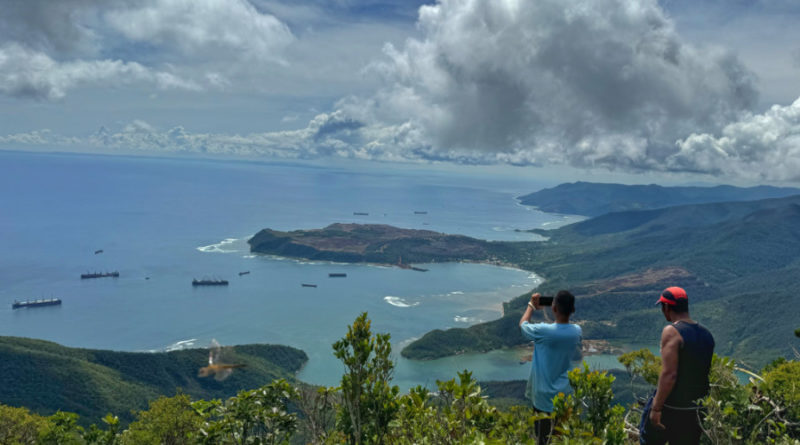

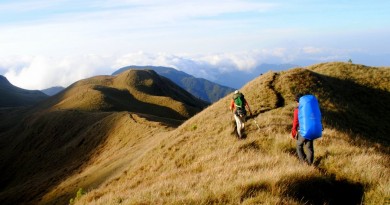
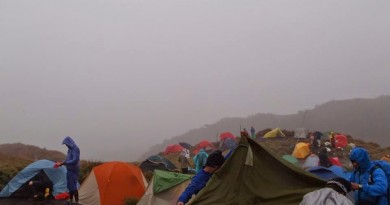
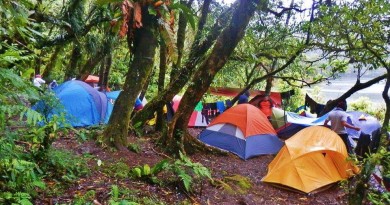
Leave a Reply
Be the First to Comment!